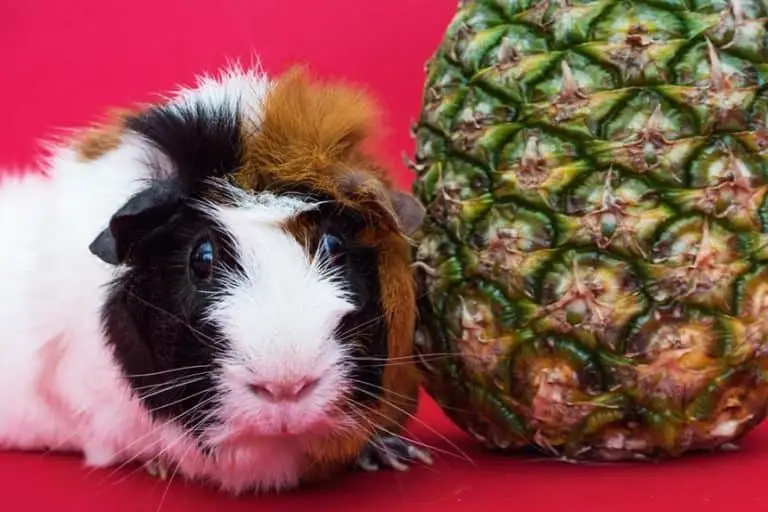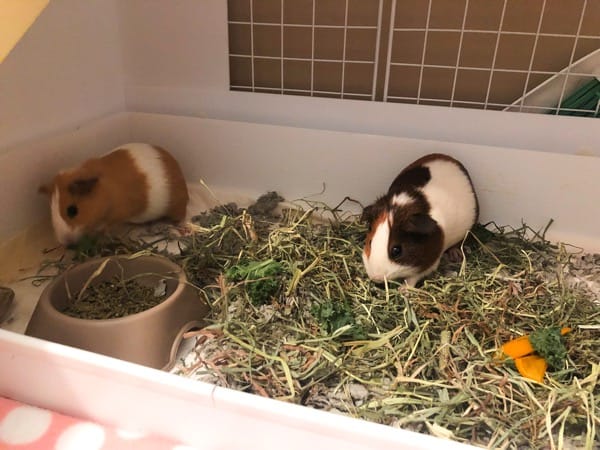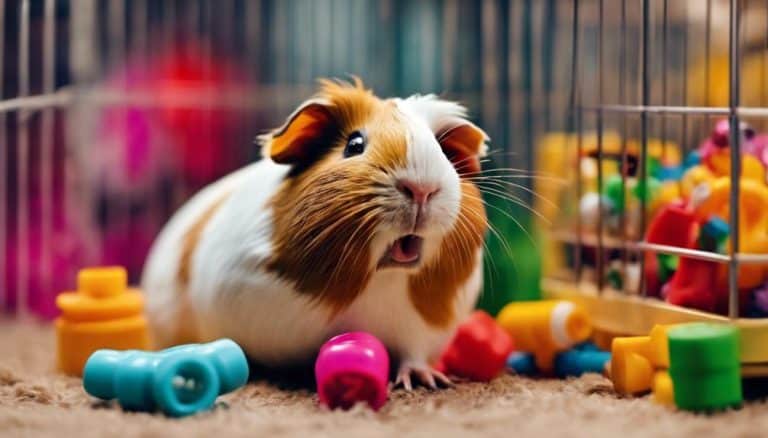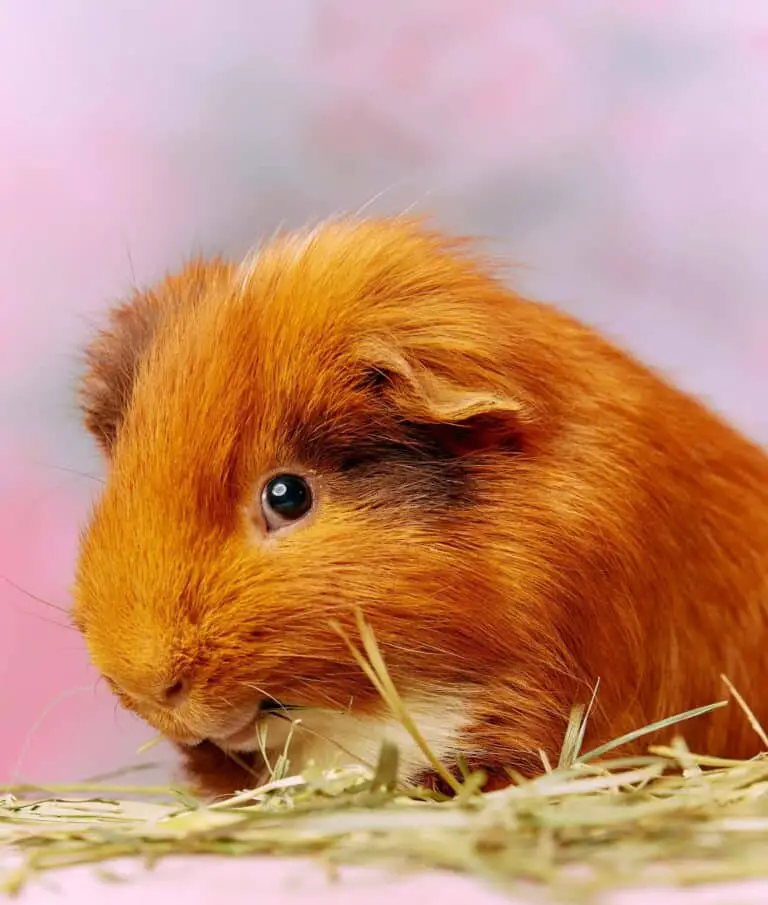Understanding Why Guinea Pigs Squeak: A Complete Guide
As we were observing our guinea pigs one evening, we couldn’t help but notice the variety of squeaks they produced. Have you ever wondered what those adorable noises mean?
Understanding why guinea pigs squeak goes beyond just deciphering their vocalizations; it offers valuable insights into their well-being and emotions.
Curious to unravel the mysteries behind these squeaks and deepen your connection with your furry companions?
Reasons for Guinea Pigs’ Squeaking
When guinea pigs squeak, it’s essential to understand the various reasons behind their vocalizations. These noises are a crucial part of their non-verbal communication, allowing them to express a range of emotions and needs. Alongside guinea pig noises, paying attention to their body language provides valuable insights into what they’re trying to convey.
Guinea pigs may squeak to indicate excitement, hunger, or distress. For instance, a high-pitched squeak combined with frantic movements could suggest they’re hungry and seeking food. On the other hand, a series of short, sharp squeaks accompanied by frozen body posture might signal fear or discomfort. Understanding these nuances in guinea pig noises and body language enables us to respond appropriately to their needs and ensure their well-being.
In essence, decoding guinea pig vocalizations involves a holistic approach that considers both their noises and body cues. By observing their non-verbal communication, we can better understand and meet the needs of these adorable creatures.
Decoding Guinea Pig Vocalizations
Understanding guinea pig vocalizations plays a crucial role in deciphering their communication cues and meeting their various emotional and physical needs effectively. Guinea pigs use a variety of noises to express themselves, and decoding these sounds can provide valuable insights into their well-being. Here is a breakdown of some common guinea pig noises and their potential meanings:
| Noise Type | Description |
|---|---|
| Squeaking | Often indicates excitement, hunger, fear, pain, distress, or social hierarchy |
| Chirping | Sign of contentment or happiness |
| Purring | Indicates relaxation or pleasure |
| Teeth Chattering | Could signal annoyance, irritation, or dental issues |
Understanding Guinea Pig Communication

Guinea pigs utilize a variety of vocalizations, including wheeking, chuttering, shrieking, and purring, to effectively communicate their feelings, needs, and social interactions. These noises serve as a crucial form of communication for guinea pigs, allowing them to express excitement, happiness, fear, pain, aggression, and distress. Understanding these vocal cues is essential for interpreting a guinea pig’s emotional state and responding appropriately.
In the wild, guinea pigs rely on these vocalizations to establish social hierarchies, warn others of danger, and convey their emotions within the group. As pets, guinea pigs continue to use these noises to communicate with their owners, strengthening the bond between human and animal. By paying attention to the different sounds guinea pigs make and the contexts in which they occur, pet owners can better understand their furry companions’ needs and preferences. Effective communication through noises is key to fostering a harmonious relationship with guinea pigs.
Interpreting Guinea Pig Sounds
As we explore the nuances of guinea pig communication, deciphering the meaning behind their various sounds, particularly squeaks, becomes a crucial aspect of understanding their emotional states and needs.
Guinea pigs make a variety of sounds to convey their feelings, with squeaking being a prominent mode of expression. These high-pitched vocalizations can indicate a range of emotions such as excitement, hunger, fear, or pain. The pitch, tone, and intensity of the squeaks provide valuable insights into the guinea pig’s current state of mind.
When interpreting these sounds, it’s essential to consider the context in which they’re occurring and observe the accompanying body language for a more accurate understanding of the message being conveyed. Squeaking can serve as a way for guinea pigs to seek attention, express discomfort, or signal distress, underscoring the importance of attentive observation and appropriate responses to meet their needs effectively.
Significance of Guinea Pig Squeaks

While observing guinea pigs, one can discern the significance of their squeaks in conveying a wide range of emotions and needs. Guinea pig squeaks serve as a vital form of vocal communication between these small animals and humans, allowing for a deeper understanding of their well-being. These squeaks can indicate various emotions such as excitement, hunger, a need for attention, stress, fear, or even pain. Understanding the context and pitch variations of these squeaks is crucial in interpreting the specific messages being conveyed by guinea pigs.
To emphasize the importance of guinea pig vocalizations, consider the following table:
| Message Conveyed | Description |
|---|---|
| Excitement | Higher pitched squeaks often signify excitement or anticipation. |
| Hunger | Continuous and repetitive squeaks may indicate a guinea pig’s hunger. |
| Stress/Fear | Lower, more urgent squeaks can suggest stress, fear, or discomfort. |
| Pain | Sharp, sudden squeaks accompanied by behavioral changes signal pain. |
Conclusion
In conclusion, understanding why guinea pigs squeak is crucial for enhancing the bond between owners and their furry companions.
By decoding their vocalizations, interpreting their sounds, and meeting their socialization and health needs, we can ensure our guinea pigs live happy and fulfilling lives.
This complete guide serves as a valuable resource for all guinea pig owners seeking to deepen their understanding and care for these lovable pets.







